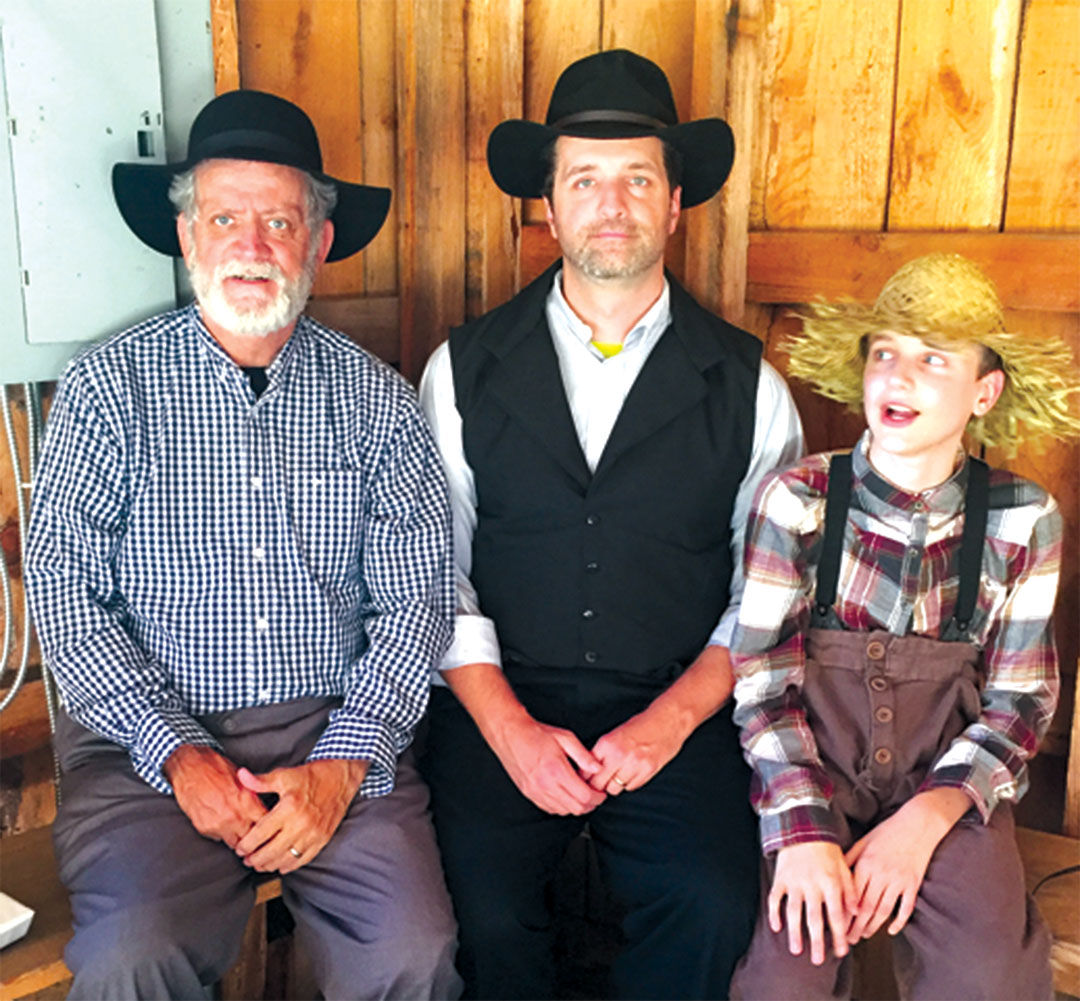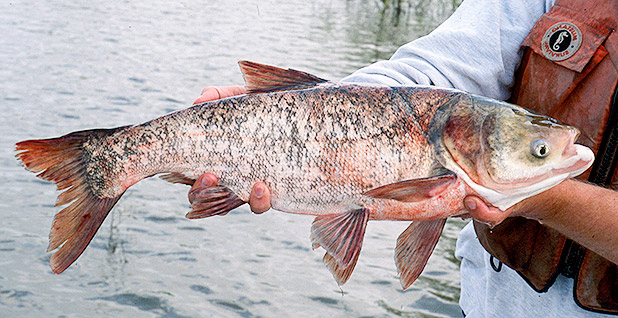UPDATE: Anthem Blue Cross Blue Shield, "one of the largest marketplace insurers in 2017, continues to scale back,"
Bloomberg News reports on its continually updated page that tracks insurance markets for 2018. "The Nevada
Division of Insurance announced today that Anthem will leave the state entirely after initially planning to remain in three counties. Anthem is also leaving the 74 Georgia counties that have other marketplace options, while
remaining in the 85 mostly rural counties where it is the only insurer. According to Jay Florence, Georgia’s deputy insurance commissioner, the company initially proposed leaving all counties except one. The state’s insurance department said it would respond by banning Anthem from re-entering the market for five years, so the company chose to continue offering plans in some counties."
 |
| Bloomberg News map; click on it to view a larger version |
If Congress doesn't put forth legislation to repeal or replace the Patient Protection and Affordable Care Act, President Trump has said that he would "let Obamacare fail." A
Q&A from Cynthia Cox and Larry Levitt of the
Kaiser Family Foundation examines the possible short-term consequences, and also what would happen if the ACA remains the law. The foundation has long been a source of reliable, detailed information about health, health care and health insurance.
Is the ACA is failing, as critics say? The short answer is no, but rural markets are fragile, and insurance may become too expensive for some people who buy individual insurance on government marketplaces because they make too much (about $95,000 for a family of four) to qualify for subsidized plans. When people talk about the ACA failing, they're usually referring to the marketplace exchanges for individual insurance. Some insurance companies have left the exchanges, and premiums have increased, but the "structure of the ACA’s premium subsidies – which rise along with
premiums and cap what consumers have to pay for a benchmark plans a
percentage of their income – prevents the market from deteriorating into
a 'death spiral.' However, premiums could become unaffordable in some
parts of the country for people with incomes in excess of 400 percent of the
poverty level, who are ineligible for premium assistance," Cox and Levitt say. Insurer pullouts have left one in three U.S. counties,
mostly rural, with only one insurer on the exchange. At the state level, individual market competition is relatively stable.
 |
| Kaiser Family Foundation chart |
How could actions by the Trump administration affect market stability? "Despite signs that the individual insurance market is generally
stabilizing on its own, certain administrative actions could cause the
market to destabilize again." The administration could weaken the market if it stops enforcing or weakens the individual mandate, scales back outreach and consumer assistance, or stops making cost-sharing subsidy payments. "The combined effect of these policy changes could cause
some insurers to raise premiums on some plans by as much as 40
percentage points higher than they otherwise would." Because insurers are unsure about the future, some have already raised premiums, left some markets, or made plans to exit the marketplace altogether.
What happens if the market fails? Some rural areas are at risk of having no insurer offering marketplace plans in 2018. "If no exchange insurer ultimately moves into some of these counties,
people buying their own insurance will not be able to get subsidies and
would have to pay full price for insurance. Paying for unsubsidized
insurance would be particularly difficult for low-income and older
adults living in high-cost areas like many rural parts of the country.
Our
subsidy calculator can show the difference in cost," Cox and Levitt note. Some people may be left without full-price insurance options if insurers exit the regular market in their as well as the marketplace.
What could be done to strengthen the marketplace? "One possible policy response that could receive bipartisan support would be to re-establish a
reinsurance
program. Reinsurance programs provide funds to insurers that enroll
high-cost (sicker) individuals and can work to lower premiums. The
Affordable Care Act included a reinsurance program, but it was temporary
and phased out in 2016. Republicans in Congress and the administration
have also signaled a willingness to establish reinsurance programs; both
the House and Senate repeal bills
included stability funds for reinsurance," Cox and Levitt note.


























